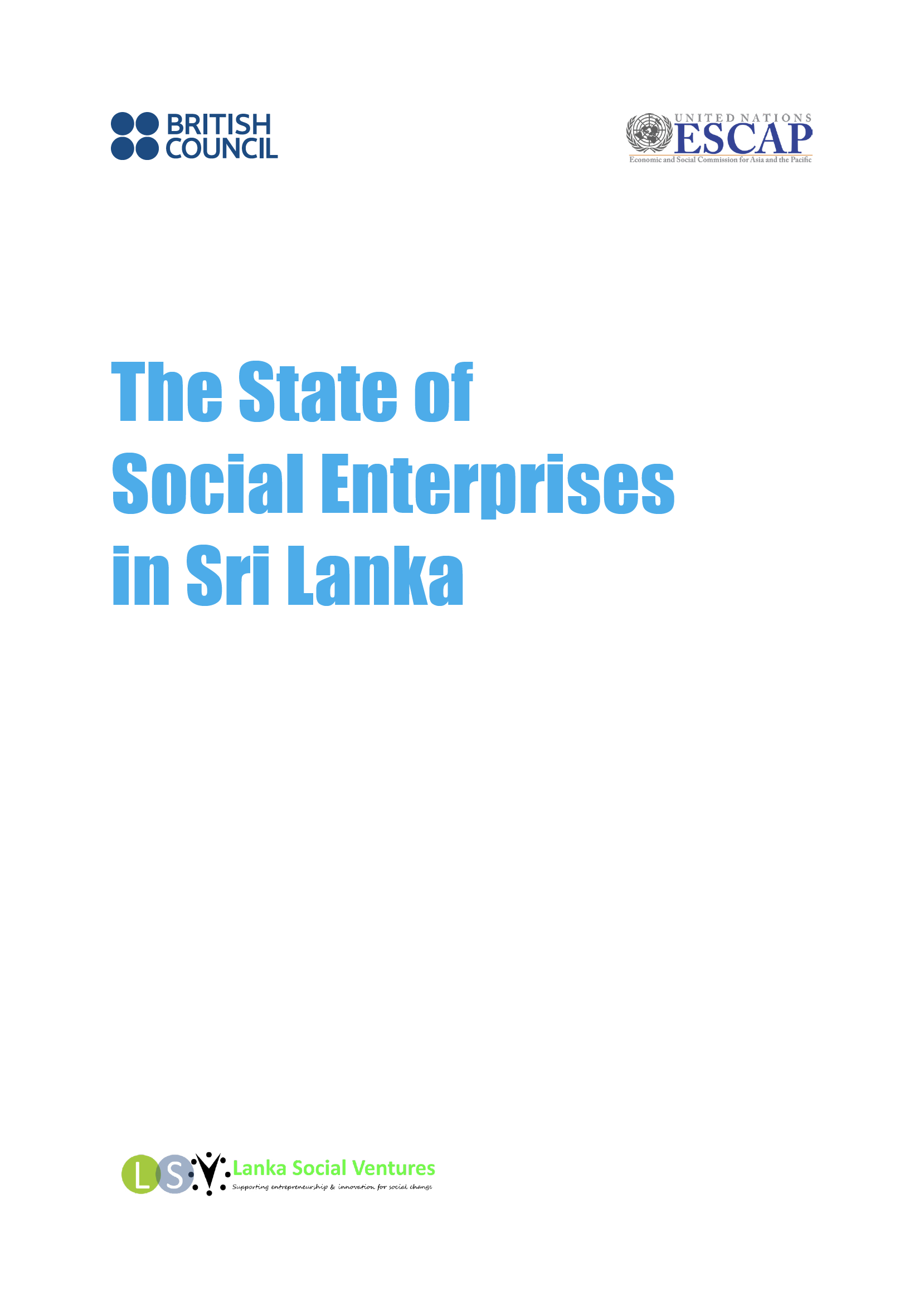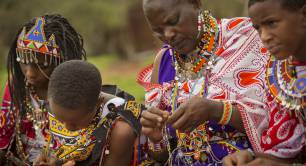Getting social enterprise recognised in Sri Lanka
Social enterprise has a long history in Sri Lanka – even if it’s not always known by that name; and the surprisingly large sector could achieve a great deal if only it gets the support it needs, a new report finds.
Sri Lanka has a long history of social enterprise, a new report finds. And with the right ecosystem, it could stop looking to foreign investment and employment to thrive.
The State of Social Enterprises in Sri Lanka was commissioned by the British Council and researched and written by Lanka Social Ventures, with support from Social Enterprise UK.
“We started working in the field of social enterprise around three years ago, says Sanjeevani Munasinghe, head of programmes at the British Council Sri Lanka. “We realised we needed more information to design a programme to support and support the sector, along the same lines as other countries in our region.”
“This is the first truly in-depth study into the sector,” explains Lalith Welamedage, the director of Lanka Social Ventures. “It looks at the whole of the sector and across the whole of the country, and also collected data from over 350 social organisations and enterprises.”
For both Munasinghe and Welamedage, one of the most striking findings of the report was just how many social enterprises there are in Sri Lanka, and how rooted they are in Sri Lanka’s culture. “The term is new but the concept isn’t – it has been here for centuries,” says Munasinghe. In fact, quite a number of the social enterprises in the report had not initially recognised themselves as such, even though they fitted all the researchers’ criteria.
Key findings
The report also finds that:
- There are social enterprises in all 25 districts of Sri Lanka, operating across manufacturing, agriculture, cultural, creative and environmental protection sectors. The majority work to create employment or income opportunities for vulnerable or marginalised people locally.
- As there is no specific legal form or mechanism for social enterprises, they have adopted a broad range of legal structures, including associations, cooperatives, limited companies, and private sector businesses.
- Some – especially the cooperatives – have been in existence for over 50 years; around 30 per cent have been operating for over 15 years; but 38 per cent only started less than 10 years ago.
- Compared to the mainstream business sector, there is a higher proportion of women in senior leadership positions, although only 31 per cent are led by women. It is also notable that although nearly half the leaders are aged between 45 and 64, 51 per cent established after 2000 have a founder or leader aged between 25 and 44.
- Over a third (69.3 per cent) say they measure their impact, although many do not have a system in place for doing this.
- Most expect to increase their financial turnover in the next year, and 70 per cent made a profit or surplus in the past year. The majority have drawn upon external funding sources, including loans and donations.
- The challenges facing the social enterpise sector include the lack of funding and/or support, as well as with finding suitable paid or volunteer staff; the need to be more widely recognised; and problems with establishing networks, supply chains and markets.
The term social enterprise is new but the concept isn’t – it has been here for centuries
Growing the policy support
“We found that there are a lot of different types of government support for social enterprise, but there is no specific policy or programme targeting this sector: it’s all ad hoc, with countless government agencies and duplication,” says Welamedage. “Funding is not really impact-oriented and there’s no kind of incubation or advice – those are essential for social enterprises to grow, and that is lacking.” This is particularly important, he points out, because social enterprise has the potential to address a wide number of social and environmental problems in Sri Lanka. “There are a lot of things happening – but we also need to be stimulating social enterprise in more marginalised and rural communities which still require external assistance.”
However, the report will help to act as leverage in that regard, and there is now a lot of government interest in developing the sector, and the British Council programme will certainly contribute to this government interest. “We are working on an awareness campaign, and this report will form part of that,” Munasinghe explains. “We’re also looking at forming a policy group – which will also be informed by the findings of this report – which will look at policies here and in other countries in the Asia Pacific region, and make policy recommendations to the government. And the final strand of our work is capacity-building. It may be that in a couple of years we commission another report and survey to see if anything has changed, and how we should respond to those changes.”
We are looking more to foreign investment and employment, but I think we have social entrepreneurs and indeed potential investors in this country
“We are looking more to foreign investment and employment, but I think we have social entrepreneurs and indeed potential investors in this country. We have our own resources but we need to make use of them,” Welamedage concludes. “We need the ecosystem for social enterprises to thrive and grow.”
To read the report, click on the cover below:




